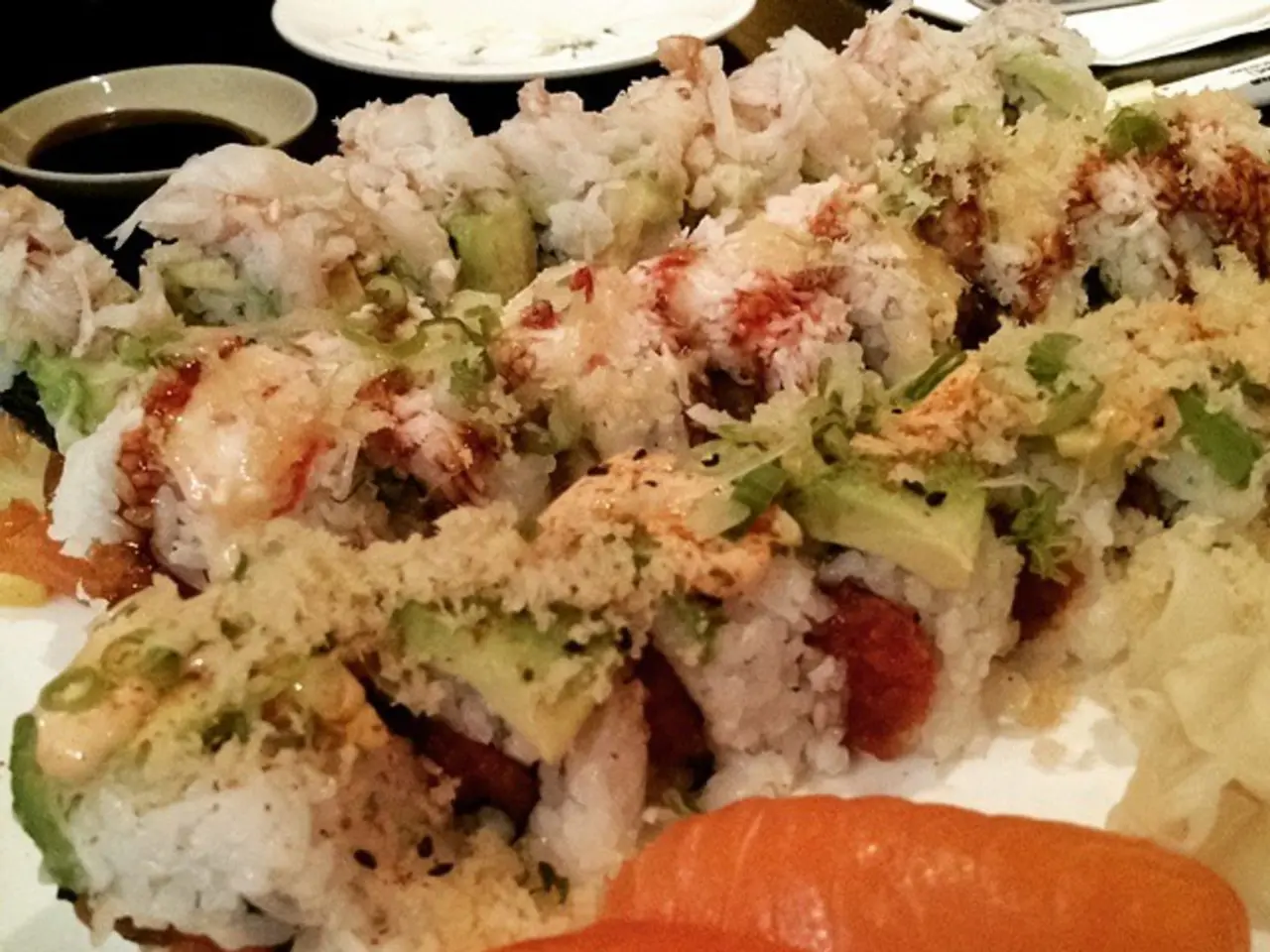Belongs to us: the edibles in question.
The Ministry of Industry and Trade in Russia has announced the upcoming All-Russian Russian Cuisine Festival, scheduled for November 4, Unity Day. This event aims to promote and celebrate the rich and diverse world of Russian cuisine.
In a significant move, 250 dishes have been selected as the standard for Russian cuisine. This list includes both traditional dishes like blinis, borscht, roasted goose, and duck, as well as less common ones such as tripe and headcheese. The compilation of this list was done by a working group under the ministry, consisting of Russian culinary history experts, restaurant industry representatives, and industry association members.
Currently, over 99% of catering establishments in Russia are registered as serving the cuisine of other countries. This standard is a response to the high percentage of non-Russian cuisine being served in Russian establishments, and a step towards promoting national cuisine.
Igor Bukharov, President of the Federation of Restaurateurs and Hoteliers, believes that this standard will help address the misleading practice of serving dishes as Russian cuisine without adhering to traditional recipes or using authentic ingredients. He further stated that the standard will describe dishes in detail, including their correct names and terms.
The All-Russian Russian Cuisine Festival is being organized by regional authorities, as proposed by the Ministry of Industry and Trade. Over 40 dishes from the list of standard Russian dishes are expected to be showcased at the festival. The first results of the development of the standard for Russian cuisine are also expected to be presented at the event.
The standard will be based on the international certification system ISO, similar to those in France, Italy, and Korea. This system is designed to promote consistency and authenticity in the preparation and serving of traditional Russian dishes.
The growing interest in Russian cuisine is driving this decision to develop a standard for it. The success of the Thai government in promoting its cuisine through standardization and global expansion is being used as an example for Russia. The development of the standard is estimated to take between six to eight months.
Moreover, around 50% of tourists in Russia are interested in local traditions of hospitality and dining. The All-Russian Russian Cuisine Festival and the development of a standard for Russian cuisine are expected to provide entrepreneurs with the opportunity to explore traditional Russian dishes and develop their businesses, catering to both locals and tourists alike.
Read also:
- Revitalizing Wisconsin Point Peninsula within the St. Louis River Estuary's Ecosystem Conservation Zone
- Preparations underway amongst European countries for a prospective age of international chaos
- Top 13 Benefits of Apples for Women's Health
- Increased imports invigorate the operations of Cold Storage Facilities.








